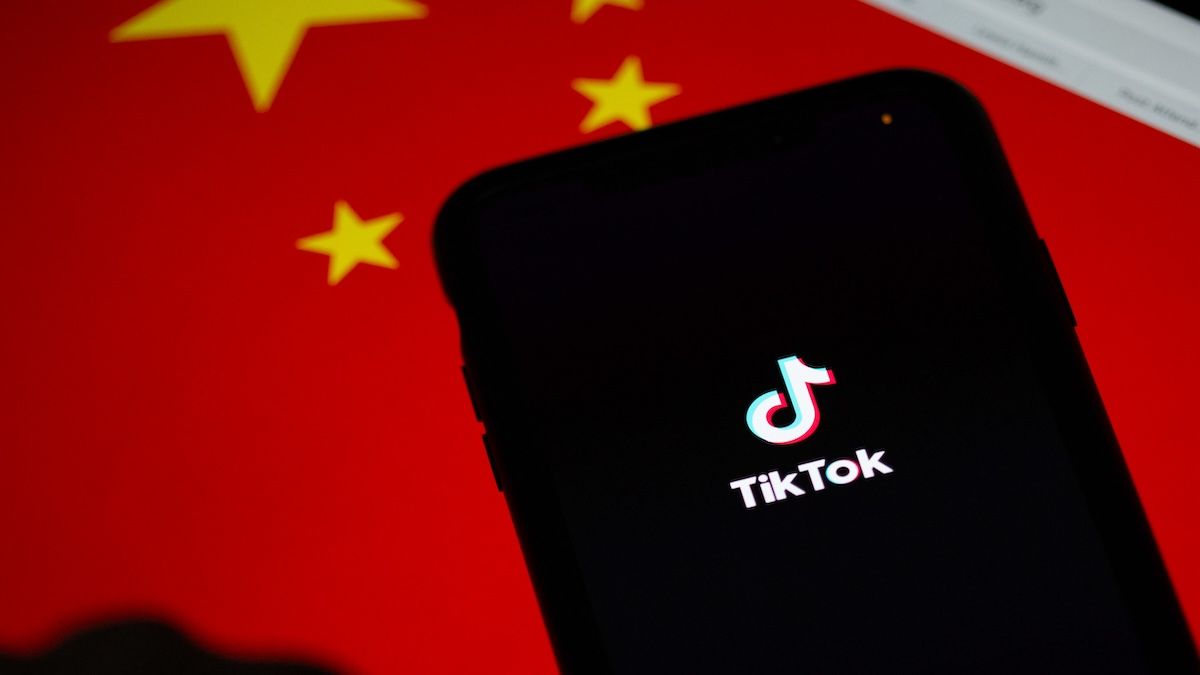Banning TikTok: A Self-Inflicted Wound on Liberal Democracy
Milton Mueller / Sep 11, 2024
"TikTok" by Solen Feyissa is licensed under CC BY-SA 2.0.
Dr Milton L Mueller, Professor, Georgia Tech School of Public Policy. Director, Internet Governance Project.
In June, TikTok and dozens of free speech advocates filed briefs contending that the so-called Protecting Americans from Foreign Adversary Controlled Applications Act (PAFACAA) violated the First Amendment’s protections for free expression. The government's response, filed July 26, made it clear that they don’t care. The alleged Chinese threat, it said, overrides free expression rights. In making this case, the brief asserts no less than ten times that the TikTok app collects “real time” information on users, including their physical location.
Yet this is untrue. TikTok does not collect precise location data (or contacts, age, and phone number) by default, as several independent technical studies have proven. Still, the Justice Department repeatedly says otherwise.
The presence of obvious falsehoods in the government’s brief is bad enough. But the agency is now asking the court for permission to submit its evidence that TikTok is a national security threat secretly, making it impossible for TikTok or its supporters to review and challenge its assertions. Fundamental constitutional rights are at stake here, yet the U.S. government wants to run the trial without adequate due process or public scrutiny.
Why is the government making this extraordinary request for secrecy? Probably because its arguments that the app threatens national security are so weak.
The idea that a popular social media app is a tool that can destroy America has always been a bit ridiculous. TikTok is one of hundreds of different online sources of information and entertainment. ByteDance went global - with start-up funding from American investors and no support from its government - to escape the regulations and restrictions in its home country. TikTok is banned in China precisely because it is not under government control. Besides, the main goal of the service is to make money, mostly by selling advertisements. Its profits and most of its users would disappear if it became a vehicle for espionage or propaganda.
Related Reading:
- Is TikTok an Early Casualty of the China-US AI "Cold War"?
- ByteDance Blew It With Epic TikTok Lobbying Own Goal
- TikTok Tug-of-War: Policymakers Conflicted Between Open Internet and Regulatory Control
The Justice Department has never adequately explained how TikTok user data can compromise national security. Nor has the U.S. government disclosed any public evidence that the Chinese government has gained access to the data of American TikTok users. The presidential campaigns for Kamala Harris, Joe Biden, and Donald Trump all have TikTok accounts – apparently, they don’t feel threatened by using the app.
The government’s national security claims are as hypocritical as they are weak. We howled in protest when China banned Google and Facebook; we considered it autocratic and unacceptable when Russia did the same. Some of the same people who favor a TikTok ban, like Senator Marco Rubio, are outraged by Brazil’s ban on X. Yet now, the Justice Department seems to be saying that China’s, Russia’s, and Brazil’s approach to media governance is right. Foreign service providers are a threat; Americans cannot be trusted to sort propaganda from fact, so an all-knowing government must decide for them. We need a territorially bounded Internet - that’s the philosophy underlying the Justice Department’s arguments.
And that is the most disturbing thing about PAFACAA: it shows that our national security establishment has very primitive, 1930s-vintage ideas about the relationship between national security and international communications. Apparently, they want to turn the clock back to a pre-internet age, when media and telecommunications were territorial monopolies, and national governments could be gatekeepers. Yet a return to that world would only empower the world’s autocracies.
It is true that social media apps generate lots of data about users and can be used to disseminate misinformation and propaganda. But this is true of all of them, not just TikTok. We cannot address the vulnerabilities of a globally interconnected cyberspace by banning things because of the national origin of the tech entrepreneurs who created them. Most of the threats in cyberspace have nothing to do with who owns the companies. Foreign hackers can (and do) use American apps and infrastructure to break into things. Foreign governments can (and do) use American apps to conduct influence operations.
We need strong cybersecurity and privacy protections that apply to all services equally. We need responsible content and user moderation policies regulated by market competition. Today’s digital public sphere is global. This enables some abuses and problems, yet on net, the benefits vastly outweigh the costs. International competition in online services makes free societies stronger, not weaker. Nations with open economies and diverse, contentious media outlets are more resilient, innovative, and well-informed than censored and controlled ones. That’s why the US, which has been the most open and accessible marketplace, leads the world in tech. It’s a shame that the Justice Department has lost confidence in our media governance model and is borrowing policies from China.
The TikTok ban is a greater threat to our status as a free and democratic nation than any form of Chinese influence on TikTok ever could be. If the law is upheld, PAFACAA will set a terrible precedent for liberal democracy in the digital age.
Authors
